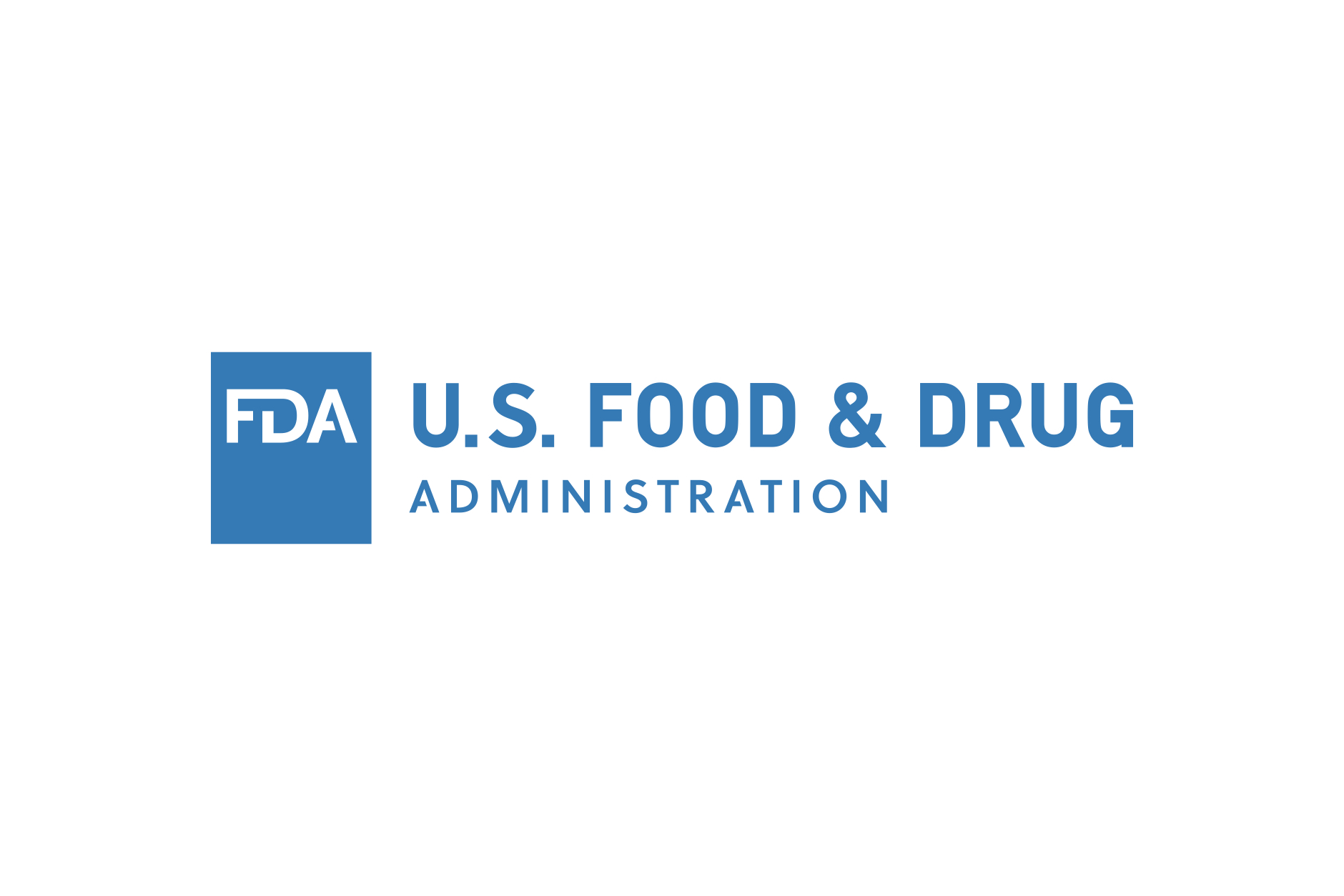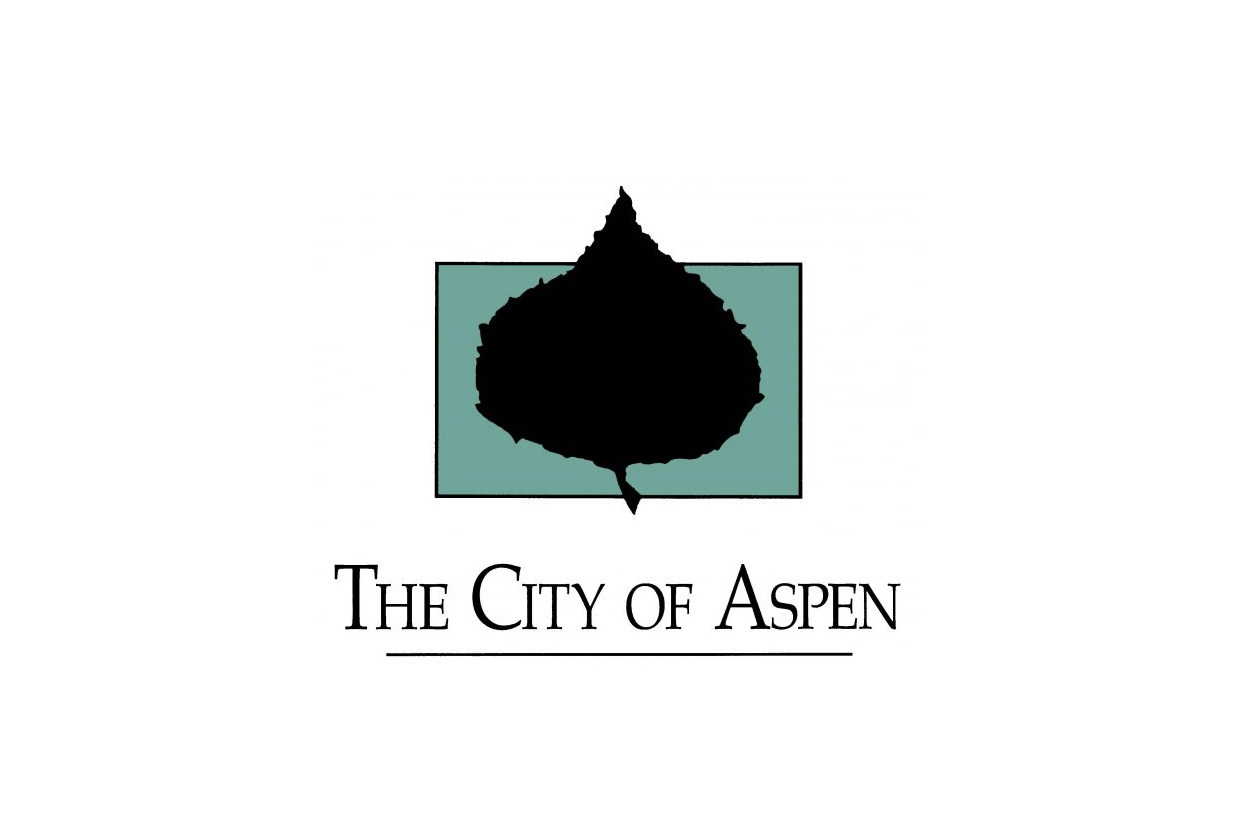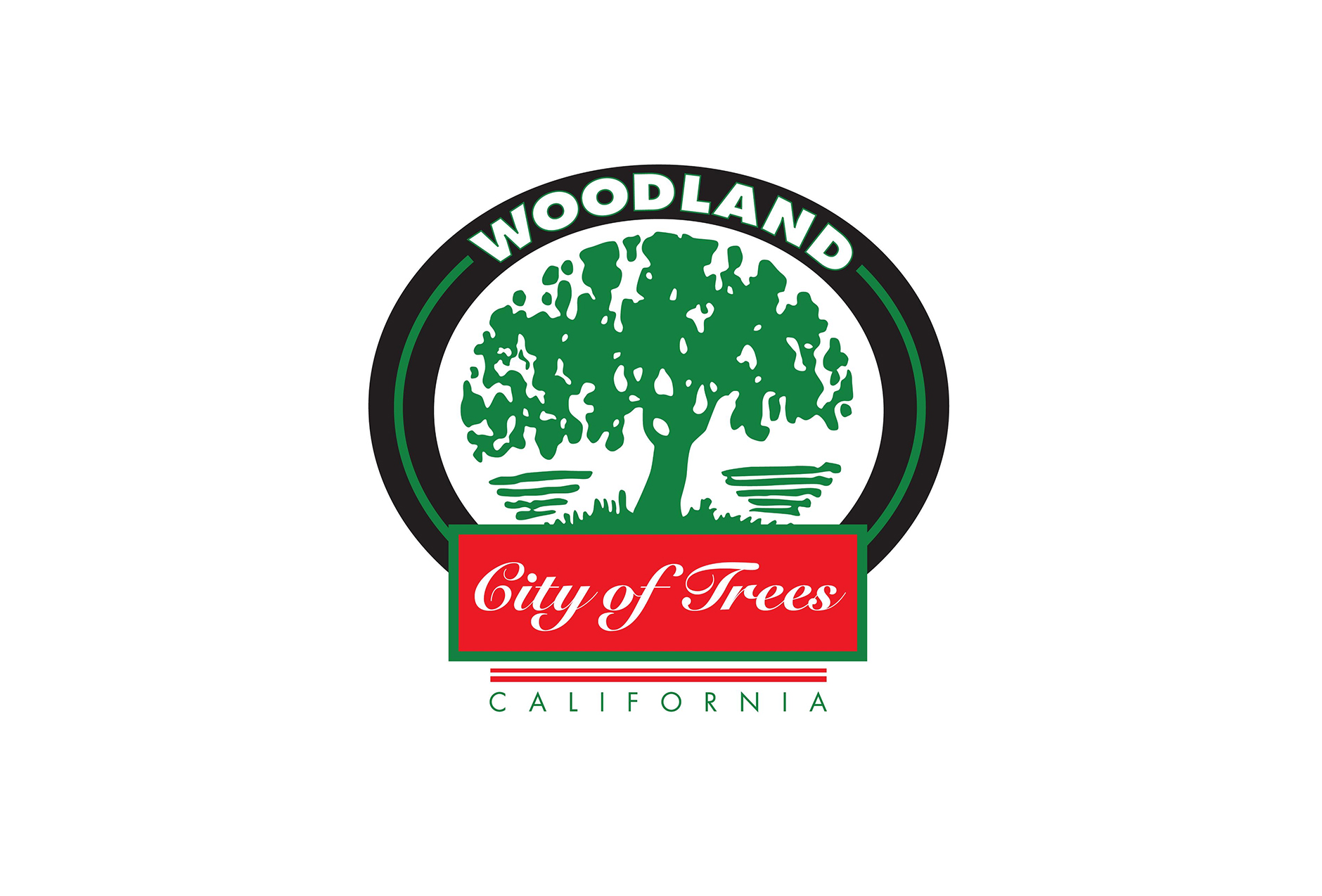A bill that will fund the U.S. Food & Drug Administration (FDA) contains language that, if passed, would hold up proposed tobacco regulations until after the FDA makes changes to how it regulates vaping products.
Last week, the House Subcommittee on Agriculture, Rural Development, Food and Drug Administration, and Related Agencies approved its FY2025 appropriations bill. The vote was done across party lines, with Republicans voting in favor and Democrats voting against. The text now moves to the full House Appropriations Committee, where it can be changed before being passed and sent to the full U.S. House of Representatives for a future vote.
As is often the case, the text contains language that shows how certain members feel about what the agency is doing. Because the FDA is an executive agency, it is largely able to make policies without approval from Congress. The annual funding bills give elected officials the ability to put pressure on the agency by withholding funds unless the agency changes course.
In regards to tobacco and nicotine products, language was added that would prevent the FDA from using funding for three major regulatory policies that the agency has proposed:
- Banning the sale of menthol cigarettes in the U.S.
- Banning the sale of flavored cigars in the U.S.
- Introducing nicotine limits for products
When lawmakers introduce these provisions, they are oftentimes direct instructions, i.e. the agency cannot use funding to do x. In this case, the language indicates that funding cannot be used for these policies until the FDA completes a series of changes related to how it regulates e-cigarettes and vaping products, specifically:
- Updates ‘‘Guidance for Industry on its Enforcement Priorities’’ (January 2020) “to expand its prioritized enforcement to flavored disposable ENDS products (a technical term for vaping products) in addition to cartridge-based products…”
- Issue a final rule requiring Foreign Manufacturer Registration
- Works with Customs and Border Protection and the U.S. Postal Service to stop products that have received marketing denial orders (i.e., FDA rejection letters) from being imported
- Publicly disclose a list of authorized products
- Issue “Import Alerts” regarding products that may be in violation
- Submits quarterly reports to Congress about progress for non-compliant products
Even if passed, the proposed language may not affect how the FDA regulates tobacco and vaping products. In April, the White House announced that it had delayed a proposed ban on the sale of menthol cigarettes in the U.S. It is widely believed that this delay also affects the proposed ban on the sale of flavored cigars and is due to the November election.
While the FDA issued an early-stage proposal for creating nicotine limits in 2018, no substantive progress has been made in introducing those limits since.
What’s more likely is that these funding restrictions won’t actually become law. The subcomittee markup is one of the first steps in how FDA’s funding will be approved and allocated. Recently, Congress has generally relied on omnibus funding bills, a process where various funding bills are packaged into one large funding bill. Typically, the language that passes the committees is seen as a starting point for an omnibus funding bill, but last-minute changes are common as part of the process.
For example, last year, the subcomittee approved even stricter language that would have preventing FDA from enacting a menthol ban, flavored cigar ban and nicotine limits outright, i.e. without the proposed changes for vaping products.
In other news, Axios has reported that House Republicans are looking for a new place to smoke cigars in the capitol. Recently, Rep. Tom Cole, R-Okla., moved from being the chair of the Rules Committee to the new chair of the Appropriations Committee, which has left Cole without his old hideaway that frequently doubled as a cigar lounge within the capitol.



